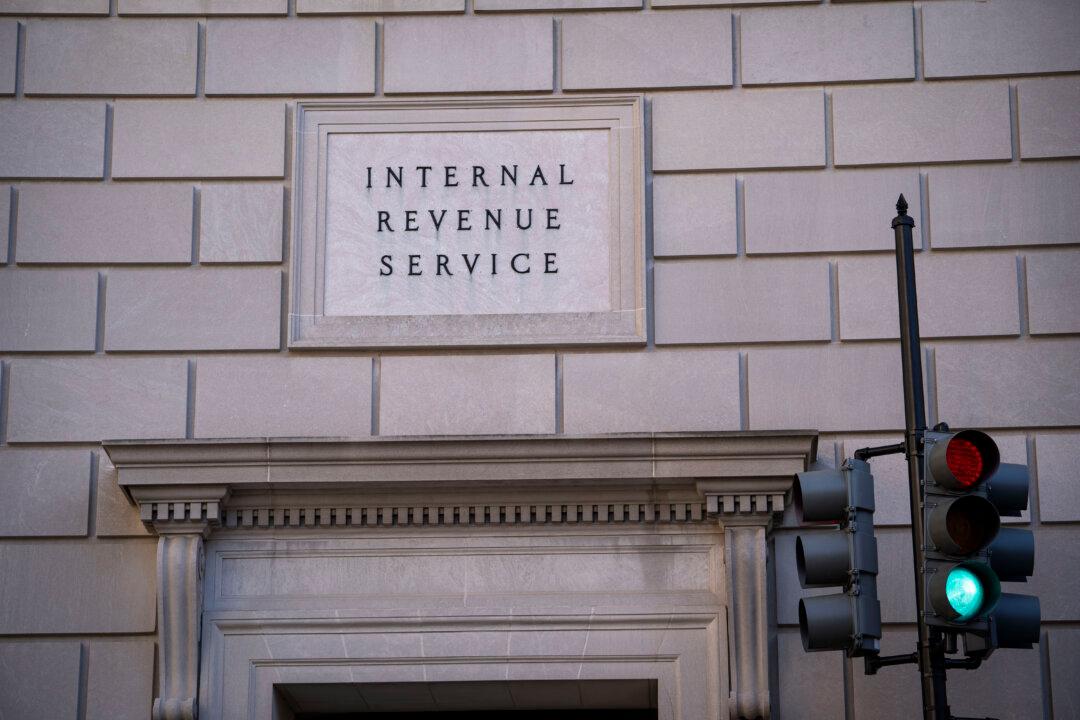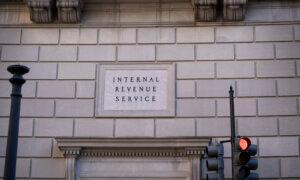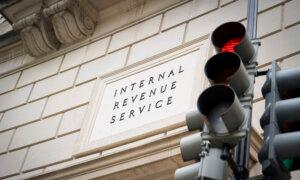The IRS is warning Americans not to fall for bogus tax avoidance schemes that could leave them significantly out of pocket as they prepare to file their 2023 taxes.
The agency issued the warning on April 11, which marks the last day of its “annual Dirty Dozen campaign” aimed at highlighting various schemes and scams and protecting taxpayers, businesses, and the tax professional community.
Officials say an array of scams conducted by bad actors could see taxpayers lose not only their money but their personal information, data, and more.
The latest warning comes just days ahead of the April 15 tax filing deadline.
The IRS said taxpayers should be on the lookout for promoters selling bogus tax strategies and fraudulent offshore schemes designed to reduce or avoid taxes altogether.
Promoters ‘Peddle Elaborate Schemes’ for Profit
“In abusive arrangements, promoters are syndicating conservation easement transactions that purport to give an investor the opportunity to claim charitable contribution deductions and corresponding tax savings that significantly exceed the amount the investor invested,” the IRS said of the conservation easements. “These abusive arrangements, which generate high fees for promoters, attempt to game the tax system with grossly inflated tax deductions.”The agency noted that abusive micro-captives involve schemes that “lack many of the attributes of legitimate insurance” and that such transactions continue to be a high-priority enforcement area for the IRS.
Other schemes used by criminals to obtain personal funds or information may also have an “international aspect,” and involve things such as concealing money or digital assets in accounts abroad or using foreign captive insurance, according to the agency.
They may also involve contributing to foreign individual retirement arrangements in Malta or another country to avoid paying U.S. taxes.
Phishing Scams on the Rise
The latest warning comes after the IRS asked taxpayers to be on the lookout for fraudsters attempting to steal personal information by offering help to open an IRS Online Account, through which taxpayers can access things such as their payment history, current balance, and copies of IRS notices.The agency said criminals offering to help are ultimately seeking the taxpayer’s personal tax and financial information, which can be used to commit identity theft, obtain loans, and file fraudulent tax returns to claim refunds.
In March, the agency also told taxpayers to be wary of phishing (email fraud) and smishing (text message fraud) in which criminals could steal their sensitive taxpayer information.
Such scams have been on the rise in recent years and tend to peak around tax season, according to the IRS.
As part of its ongoing efforts to prevent fraud, the IRS is urging individuals to report those who promote abusive tax practices and tax preparers who intentionally file incorrect returns.
Internal Revenue Service Lead Development Center, Stop MS5040, 24000 Avila Road, Laguna Niguel, California 92677-3405, Fax: 877-477-9135.
Taxpayers and tax professionals can also report such scams to the IRS Whistleblower Office for a potential monetary reward.







